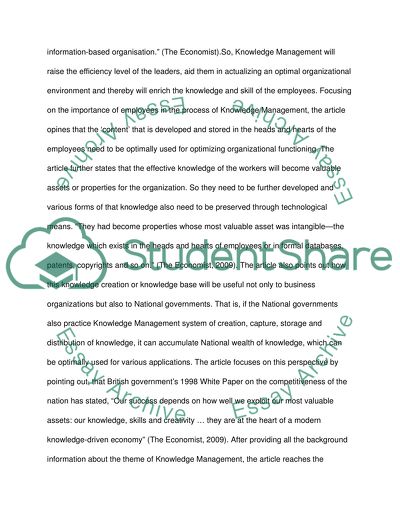Cite this document
(The Important Skill Of The Knowledge Management Essay, n.d.)
The Important Skill Of The Knowledge Management Essay. https://studentshare.org/education/1565838-knowledge-management
The Important Skill Of The Knowledge Management Essay. https://studentshare.org/education/1565838-knowledge-management
(The Important Skill Of The Knowledge Management Essay)
The Important Skill Of The Knowledge Management Essay. https://studentshare.org/education/1565838-knowledge-management.
The Important Skill Of The Knowledge Management Essay. https://studentshare.org/education/1565838-knowledge-management.
“The Important Skill Of The Knowledge Management Essay”. https://studentshare.org/education/1565838-knowledge-management.


